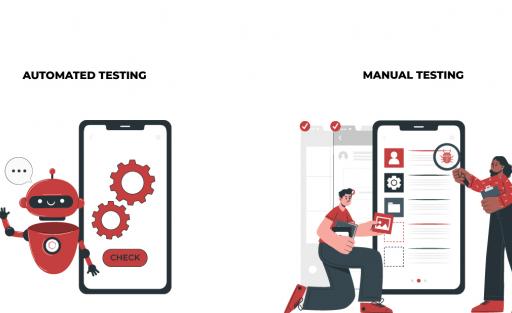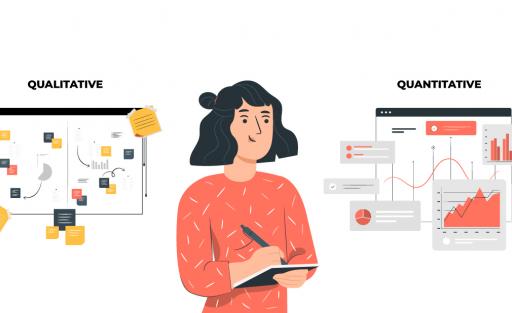Step up your UX Research skills: Lessons from Anthropology

Hello prospective UX researcher… Let’s start with a brief introduction.
What do anthropologists do?
Well, one of the main goals of anthropology is to understand and explain human diversity across cultures and historical periods. Anthropology started as a science about “exotic others”, some of them living quite close to “us” (such as Native Americans in the US) while others inhabited far-away lands (usually European colonies). After going through severe inside critique in the second half of the twentieth century, anthropologists “return home” and start studying their own cultures, societies, and communities. Nowadays, ethnography is one of it’s most well-known aspects among designers, mostly because it has proved to be extremely helpful for user & customer experience research.
What is ethnography?
Ethnography usually includes:
- Use of different methods, such as participant observation, for obtaining rich qualitative data;
- Spending time in fieldwork, where you meet and interact with others, your participants/users;
- Doing the research over a longer period of time which allows trust to develop;
- Analyzing and presenting findings acquired in this process.
Geertz [1] for example referred to writing ethnographies as making “thick description” of cultures, interpretation of people’s worldviews and practices grounded in them. It’s important to note that ethnographic research comes in many forms and shapes. There is no one uniform “recipe” for doing (and writing) ethnography.
Anthropology of the digital
Conducting anthropological work in the digital era means learning how new technologies in different cultural contexts mediate social relations and shape ways in which people understand the world around them.
For decades now, anthropologists have been essential members of innovation and design teams in tech companies (for example Genevieve Bell, the head of Intel’s UX Research team).
They influenced the way in which some of the most popular and widely used electronic devices were being developed, e.g. complex computing systems in the 80s and laser printers [2]. Usually, they contribute with research that guides the development of certain technologies towards making people’s lives easier, fairer, or just help them have more fun. Even Tom Kelley, from IDEO, lists an anthropologist in his book as one of ten crucial roles in their innovation strategies [3].
Α couple of lessons for UX
Some simple and important lessons that can lead to better qualitative research, no matter which method you choose (in-depth interviews, diary analysis, contextual studies, etc):
Methodological openness
Ethnography is a journey with lots of wandering, so is the development of a new digital product.
It’s important to stay open to an eventual change of the course.
We cannot always predict what we will encounter on our product development journey, so one of the important things is not to be afraid of these events. Not everything can be planned. Make space for possible mistakes and new possibilities as they appear because the data can take you somewhere you certainly haven’t even thought about. For instance, remember when you conduct your next round of user interviews: Let your participants talk about their practices, routines and ideas you did not oversee. Just be careful not to lose control of the interview flow.
After the field research, when you go through your notes and transcripts, allow for a certain amount of time to reflect on new & emerging issues. “Listen” to and interpret carefully your data, since some of it will try to slip out of your previously set structure. Every detour is a potential for learning things that might have a great positive impact on your product development process.
Reflexivity - try to look at yourself with an eye of your participants
This is a lesson about self-awareness which highlights your role in the wider context of user and customer research. Anthropology reminds us that we are playing in an arena with other humans where we are always entangled in different power relations. Our research endeavors are quite different from ones of natural sciences where researchers study entities such as glaciers or viruses. Every time we approach new people (participants in our studies), we carry with us our complex identities which can influence the flow of the research and sometimes even significantly restrict the scope of potential findings.
Imagine this overly simplified and fully hypothetical research: A product team is developing an app through which they offer psychological support to victims of domestic violence. A male researcher is conducting user interviews with female participants who had experiences of abusive relationships. Some of the participants are not comfortable with sharing sensitive and intimate information (as they might with a female researcher) and this starts to influence the process of the study. In this case, the researcher is just not getting enough useful material.
What’s important here is that we should acknowledge the fact that some findings might be out of our reach just because of the way others perceive us. This is perfectly fine and should not be something to demotivate us. Take this as a booster to work up your research skills in order to take everything that is in your power to your advantage. Before starting any customer research, work hard on empathy, put on your participants’ shoes, and try to imagine your study from their point of view. List the potential problems and incorporate them into your research draft. During the research process, allow and save some time of the day to reflect on the work that has been done, think about the problems you encounter, your share in them, and turn that to your advantage.
To sum up:
- Anthropology is a social science whose practitioners usually conduct some kind of fieldwork research with people and later write about it. This is what we usually call "ethnography".
- Anthropologists are key members of many product design & innovation teams in tech companies.
- Don’t forget to prepare well for your research and set your expectations carefully.
- Embrace uncertainty: Make sure to leave space and time for emerging issues you did not account for in the first place. "Listen" to your data and take into account new patterns as they emerge.
- Be aware of the specific influence you may have over your study participants.
- Take the necessary break for reflecting on possible mistakes and detours.
Good luck with your next user or customer research project and keep UXing!
References:
- Geertz, Clifford. "Thick description: Toward an interpretive theory of culture." The cultural geography reader. Routledge, 2008. 41-51.
- Drazin, Adam. "Design Anthropology: Working on, with, and for digital technologies." Digital Anthropology (2012): 245-65.
- Kelley, Thomas. The ten faces of innovation: IDEO's strategies for beating the devil's advocate & driving creativity throughout your organization. Crown business, 2005.




